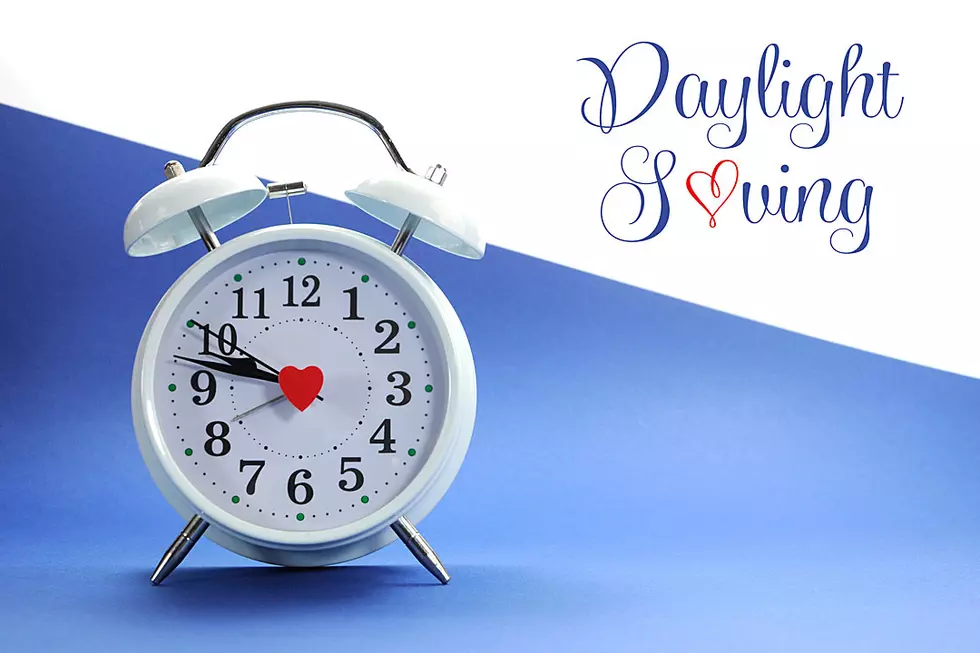
Can You Name the 2 States That Don’t Observe Daylight Saving Time?
Daylight Saving Time is upon us. Well, most of us.
Yes, this Sunday, March 12 at 2 a.m., we spring forward by moving our clocks ahead one hour. Why we have to do it at 2 a.m. is a mystery. After all, most people are sleeping, except for all those rabble-rousers enjoying a late Saturday evening of chicanery. But we digress.
And while most of the country will take part (it is a law, after all, and you don't want the cops to bust down your door for failing to change your clock), two states are all like, "Nah, we're cool."
Yes, Arizona and Hawaii don't observe it (although the Navajo Nation in Arizona does) because states are allowed to opt out and these two are either okay with the amount of sunlight they have or are just too lazy to take the few seconds to adjust their clocks, although to be fair, have you ever tried figuring out how to do that in your car? It's harder than learning stick.
The roots of Daylight Saving Time (and it is Daylight Saving Time, not Daylight Savings Time) go all the way back to the grandfather of ideas, Benjamin Franklin, who may or may not have been serious about setting clocks back to save candles. While giving B-Fran credit is a neat and tidy way to explain it, history now suggests a man named George Hudson may have been the brains behind DST.
The idea really got going in the U.S. in 1918 and then Congress made it a permanent thing in Uniform Time Act of 1966 in an attempt to conserve energy by prolonging daylight. That sounds all fine and dandy, but no one is going to be happy Sunday morning when they get one fewer hour of shut-eye. There's also the matter that moving the clock ahead is bad for your health.
Good or bad, Daylight Saving Time is here this weekend. But all you wannabe vampires, take heart. The clocks will go back one hour on November 5.




